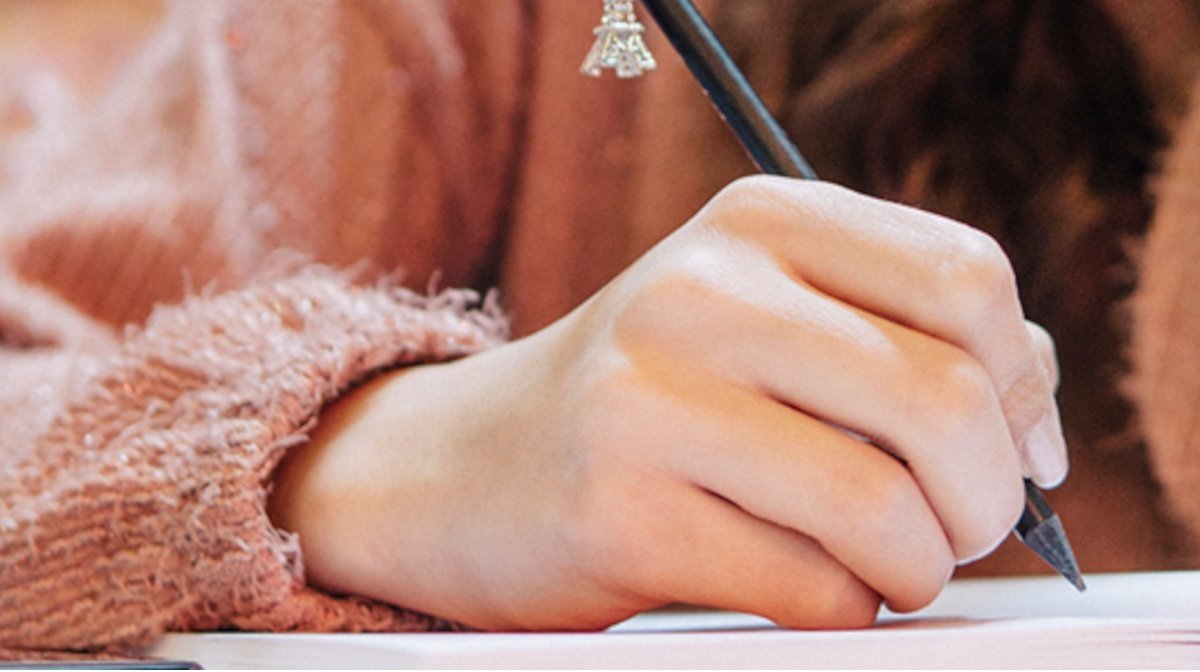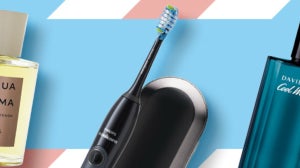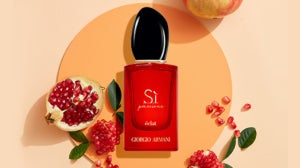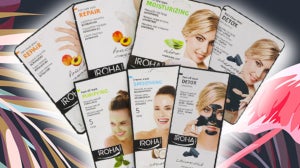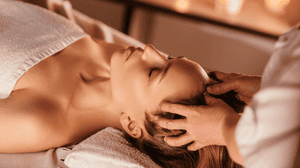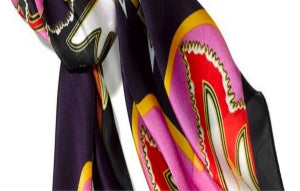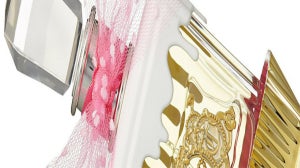
Stress
Exercise
Alcohol
Caffeine
Sun exposure
Spicy foods
Hot drinks
Hot/cold weather
Living With Rosacea
There are a few things you can do to make living with rosacea more manageable. First of all, avoid the factors which trigger flare-ups. If you haven’t yet identified what your triggers are, keep a diary for a few weeks to help spot patterns - it’s mundane, but it can be incredibly helpful at pinpointing which events most upset your skin.

Next, make sure you’re protecting your skin from the sun by using a sunscreen of at least SPF30. Even on cloudy days, the sun's rays may harm your skin, so it's best to get into the routine of wearing an SPF daily to completely eliminate the risk. You can find many sun-protection products which have been specifically designed for sensitive skin and redness, such as Uriage's SPF30 Eau Thermale Anti-Redness Cream.
Being gentle with your skin is key when it comes to rosacea, whether that means protecting it from the elements or using ultra-mild cleansers. Men may also find that using an electric razor rather than a blade is less irritating for the skin.
How To Deal With Rosacea (Without Making It Worse)
When flares do happen, it can be tempting to reach for the heavy artillery, but dermatologists recommend avoiding steroid cream unless you’ve been instructed to use it by your doctor. While steroids are wonderful for targeting inflammation, they can thin your skin, which can ultimately make your rosacea worse, so they must be used only as needed.
If you want to use make-up to camouflage your rosacea, dermatologists also advise that you avoid anything water-proof or oil-based. Instead, opt for water-based skincare products where possible. We highlight some of the best options further below in the blog.
If your rosacea is proving particularly challenging and is significantly affecting your day-to-day life or mental health, there are other options you may wish to explore. UK based charity, Changing Faces, helps people with a range of conditions related to their physical appearance and can provide camouflage makeup to rosacea sufferers. If you’d like to explore this service you’ll need a referral, so make an appointment with your GP to discuss this further.
Clinical Treatments for Rosacea
While there isn’t any cure for rosacea, many people find that clinical intervention can help to control their condition or reduce the occurrence of flare-ups.
Prescription gels and creams are available from your GP or dermatologist. These are applied directly to the affected area to lessen redness and spots.

Oral medications can also be prescribed by your medical professional, such as antibiotics. These are usually only used for severe rosacea over a short period of time.
Alternative procedures such as intense pulsed light (IPL) and laser treatment have been found to help some sufferers of rosacea. These treatments are offered privately at many cosmetic clinics without a referral.
Rosacea and Blepharitis
It’s incredibly common for people who suffer from skin inflammation, such as rosacea and eczema to periodically develop blepharitis too. Blepharitis can come and go and is characterised by itchy, sore, red eyelids and flakes along your lash line.
The good news is that blepharitis is much easier to get rid of than rosacea. Wash your eyelids each day using a warm, wet flannel. It can help to leave the flannel on your eyes for 10 minutes to loosen up and flakes and then massage the skin around your lashes to remove the buildup. By doing this frequently, your eyes will soon be clear.
The Best Skincare Routine for Rosacea
As we’ve mentioned before, the most important factor when it comes to dealing with rosacea is a ‘softly softly’ approach. It doesn’t take much to irritate rosacea-prone skin, so opt for gentle products wherever possible.
Cleansing
We recommend cleansing your skin twice daily using a gentle, soap-free cleanser. Look for cleansers which have a neutral pH, and avoid anything that lists fragrances or alcohol among its ingredients*. A suitable example is the Darphin Azahar Cleansing Micellar Water, or if you prefer a slightly creamier cleanser, the Manuka Doctor Anti-Redness Cream Cleanser is another great option.

After cleansing, rinse your face with warm water and pat dry, ensuring the skin is completely dry before applying any topical medications.
While we recommend avoiding the use of toners for rosacea-prone skin, you should particularly be wary of any which contain astringent ingredients such as sodium lauryl sulphate, lanolin, witch hazel, menthol, camphor, peppermint and clove oil.
*Some alcohols are not drying, but are instead used to stop products from separating, such as cetearyl alcohol.
Moisturising
If your skin feels tight or sore, using a moisturiser can provide much-needed relief. Choose a product which is targeted at sensitive skin; it will usually be noted as being fragrance-free and hypoallergenic. Simply being ‘dermatologically-tested’ won’t cut it for skin that is prone to rosacea.
We recommend the 100% natural Balance Me Rose Otto Face Oil which contains a host of nourishing oils and has been formulated specifically for sensitive, reactive and dry skin. You may also want to pair this with a heavier cream on top, such as Dermaskin from Salcura’s Bioskin range. Containing Omega’s 3 and 6, as well as Vitamin C, E and a combination of natural oils, Dermaskin gives skin a rich protective base.

Night-time Moisturising
At night, you may wish to pair your Balance Me Rose Otto Face Oil with something even heavier, to work on repairing your skin as you sleep. Perricone MD Cold Plasma Plus+ CBD contains Omegas 3,6 & 9 for essential moisture barrier protection, as well as Vitamin C Ester and CBD.. Making waves in the scientific community for its powerful anti-inflammatory properties, CBD is one of the fastest-growing ingredients in skincare.Make-Up For Rosacea
When it comes to choosing a foundation to cover your rosacea there are a few key features to look for. A good foundation needs to have the ability to build layers - this will allow you to get the right coverage without that full-face ‘caked’ look. Your foundation should also have ingredients that actively help your rosacea, not just cover it up. It should also be free of any potential irritants to ensure it doesn’t do more harm than good.
A few of our favourite foundations that tick all the above boxes are:
Clinique Redness Solutions Foundation SPF15 has been designed by skincare experts to reduce redness while using probiotic technology to enhance skin health. Not only does it give great coverage, its formulation actually helps to improve the appearance of your rosacea from the inside out.

If you prefer a truly natural foundation, bareMinerals Original Foundation SPF15 may be just the product for you. This original formula uses just five minerals to give buildable coverage in a wide range of colours.

Have you had success with any of the products on our list? Or perhaps you swear by something we haven’t listed? Let other readers know your top tips for dealing with rosacea in the comments below.
Was this helpful? If so, shop all our Rosacea related products and read similar articles at allbeauty.com/uniquely-you

